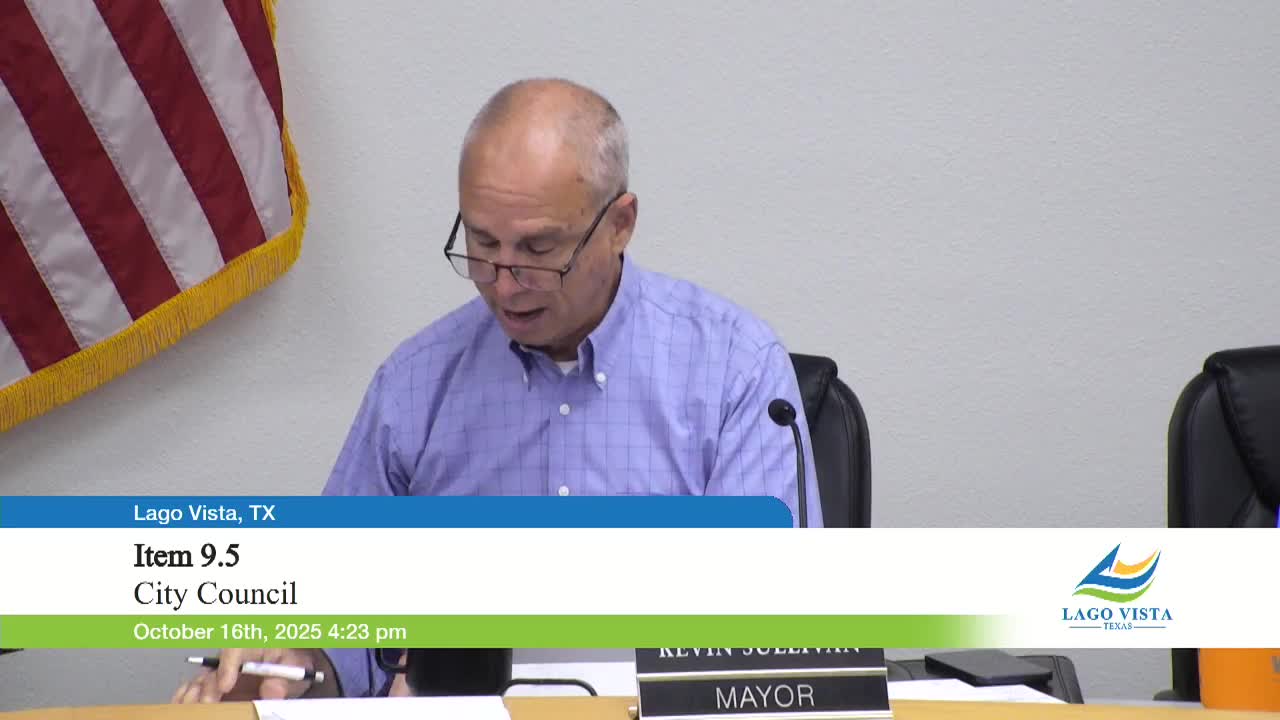Council creates STR subcommittee after wide discussion on fees, inspections and grandfathering
Get AI-powered insights, summaries, and transcripts
Subscribe
Summary
After hours of discussion about inspection rules, fees and grandfathering for short‑term rentals, the council formed a subcommittee (council and staff plus citizen members) to craft a data‑driven ordinance and fee schedule.
Council considered a redline draft of a short‑term rental (STR) ordinance and a model ordinance the city attorney provided. Councilmember Benfield led the discussion and said the goal of the ordinance is to ensure STR operators are permitted and collect hotel occupancy taxes while balancing homeowners' rights.
Key discussion points included: whether initial compliance should be self‑certified or inspected by city staff (staff said self‑certification is necessary given the number of hosts and current staff limits, but the city should reserve the right to inspect for cause); how to set application and renewal fees (a proposed $525 initial fee and $500 renewal was cited as a placeholder that should be based on staff time and software costs); grandfathering and transition windows for existing operators (staff recommended a six‑month compliance window to avoid a backlog); and public posting of operating standards inside each rental (multiple councilors and members of the public supported posting operating/checklist information at the rental unit).
Council voted unanimously to create an STR ordinance subcommittee. The motion named councilmembers Som and Benfield, staff members Jordan and Jillian, and up to two citizens; the subcommittee will evaluate fee calculations, staffing needs for inspections, timelines for bringing existing STRs into compliance, and recommended language to balance legal risk and enforceability.
Staff asked the subcommittee to request a staff cost analysis (software, inspector time and processing time) to ground any fee recommendation. Council also discussed making enforcement progressive (warnings, fines, potential revocation) and ensuring cross references to existing nuisance/noise enforcement processes.
